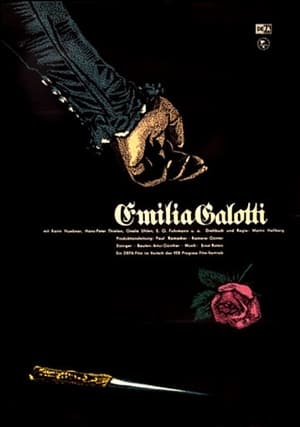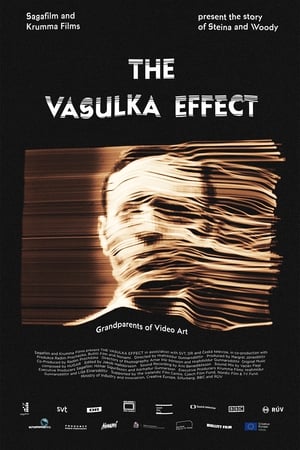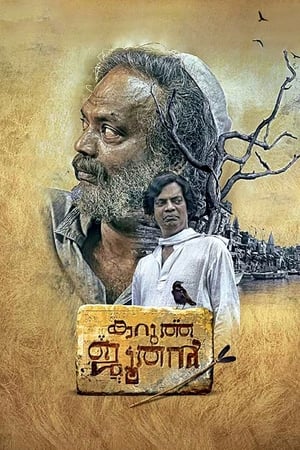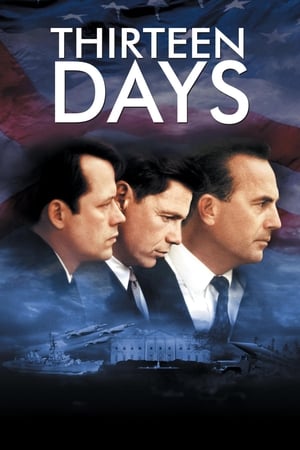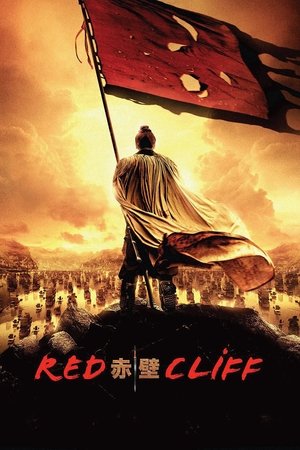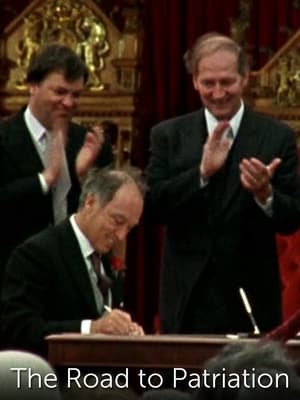Overview
The enigma of the personality cult is revealed in the grand spectacle of Stalin’s funeral. The film is based on unique archive footage, shot in the USSR on March 5 - 9, 1953, when the country mourned and buried Joseph Stalin.
Reviews
I wasn't sure whether I wanted a narrator or not here, as we follow the activities of the days immediately following the death of Joseph Stalin in March 1953. A commentary might have helped me appreciate just who was whom as a procession of dignitaries from home and abroad, but the lack of that and the reliance on the public address announcements did work really effectively at illustrating the esteem in which this man was held - or, certainly, the esteem in which the Communist party wanted him to be held. What we see for the next two hours is an astonishing testament of the archivists arts as both monochrome and colour footage is used to show us just how extensive the mourning was and how grand the funeral ceremony looked as Messrs. Malenkov, Molotov and Beria (along with a fair smattering of the Patriarchy) tried to outdo each other with honorific superlatives as they imbued the deceased with an almost super-human degree of brilliance, vision and dedication to his country and it's Leninist-Marxist cause. It was those eulogies that I found quite interesting as they topped off a documentary that very much demonstrated the cult of personality. Their directly personal nature seemed to fly in the face of the supposed doctrine of communism that refuses to acknowledge the significance of any one man over the community - yet here, the names of their founding fathers are extolled in a manner that appeared profoundly contradictory. "The greatest genius the world has ever known" or the peculiarly inappropriate "immortal" descriptions rather over-egged what is already a gushingly forced vision of state-sponsored melancholy. People seemed to weep to order, on cue, as the cameras rolled and the ever increasing size of wreaths were laid, one upon the other, as if to set up a league table of grief. Did the state control all of the florists? Historians will never agree on the extent to which this man was a tyrannical murderer or a patriot dealing with a failing post-war economy or maybe a bit of both, but that's not what this film is for. It's a colourful and striking look at something society feels the need to do time immemorial for it's leaders - be they kings, presidents or despots, and that's to see them off in great splendour whilst manoeuvring to take the spoils.

 135 min
135 min
 6.6
6.6
 2019
2019
 Lithuania
Lithuania
 CinemaSerf wrote:
CinemaSerf wrote:

